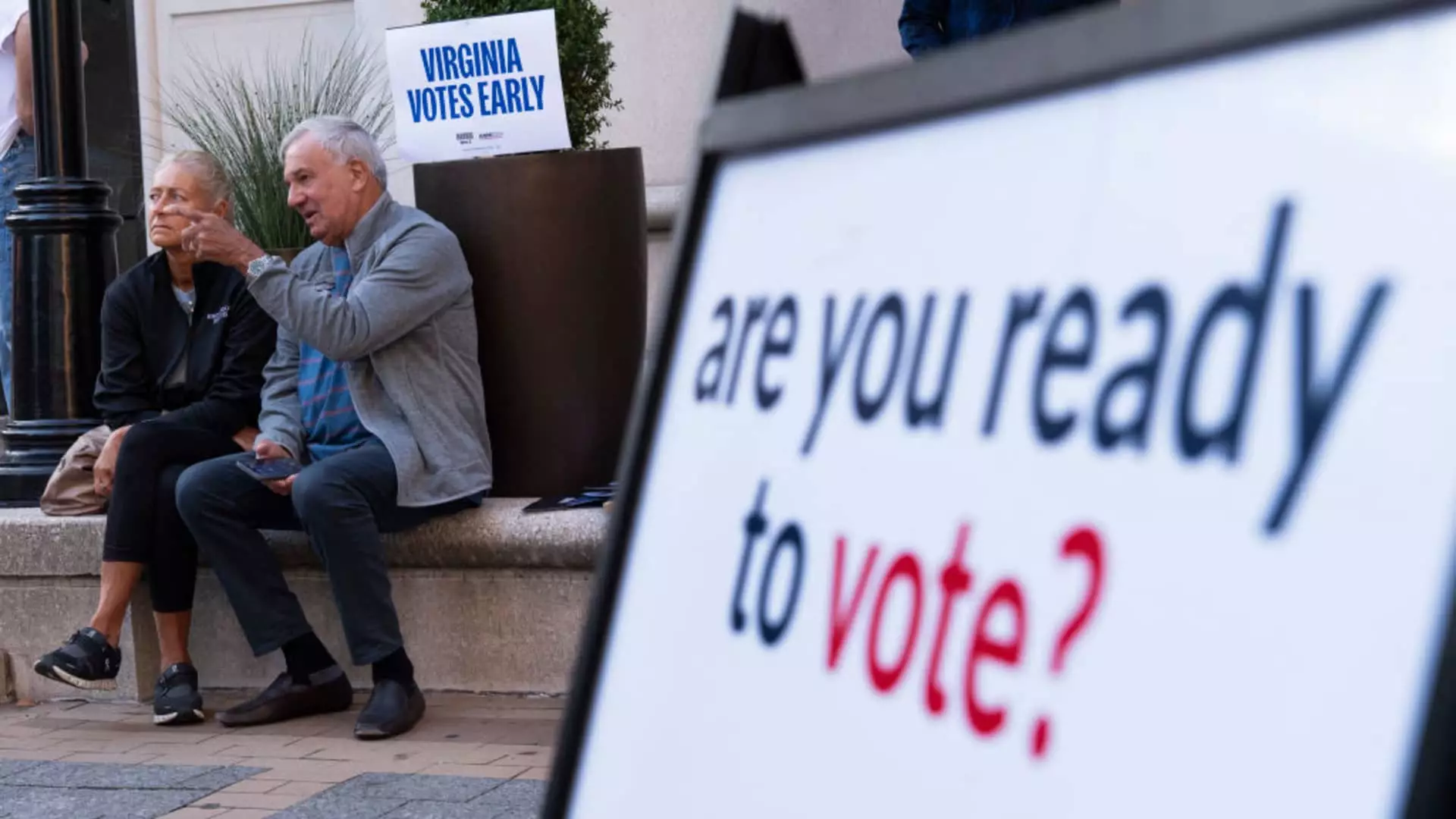As the November elections approach, the political climate influences not just the choices Americans make at the polls but also their financial behaviors. A significant percentage of the population—63% according to a CFP Board survey—are postponing crucial financial decisions, including vacations, home renovations, and purchasing cars, until after the elections. This article explores the implications of this hesitation and stresses the importance of proactive financial planning regardless of political outcomes.
Political elections inherently generate uncertainty. Many people believe that the outcome of the elections could dramatically influence the economy, taxation policies, and government programs such as Social Security. This belief contributes to a collective decision to hold off on substantial financial commitments—effectively freezing consumer activity during an already volatile period. However, this wait-and-see approach may not be advisable. Experts argue that rather than pausing financial plans based on election predictions, individuals should assess their own financial objectives and needs.
The survey highlighting that two-thirds of Americans are delaying financial decisions begs the question: Is this strategy genuinely beneficial? The consensus among financial professionals is no. Major legislative changes take time and the reality is that your individual financial plan should not hinge directly on the political landscape. Delaying decisions can lead to lost opportunities, whether it’s a chance to invest in a lucrative real estate market or capitalize on favorable interest rates.
Financial advisors advocate for evaluating the significance of waiting based on a chosen political candidate’s potential win. Michael Liersch, head of advice and planning at Wells Fargo, emphasizes the need to consider how a financial decision aligns with personal life goals. He suggests a critical self-reflection: if the candidate you favor were to assume office, would your financial strategies genuinely shift? More often than not, the answer is no.
Liz Miller, founder of Summit Place Financial Advisors, supports this perspective by referencing the need to revisit one’s financial plans proactively. By focusing on personal circumstances rather than external uncertainties, clients may find that delays are unnecessary. Exploring various scenarios—best-case, worst-case, and in-between—can reveal whether waiting truly alters financial outcomes.
Concerns about Social Security benefits are prevalent among voters, with 81% expressing apprehension in an Edelman Financial Engines survey. The looming funding shortfall, projected for 2033, raises valid concerns regarding future retirement plans. However, instead of deferring financial commitments out of fear, individuals should seek clarity on their Social Security benefits and how they can adjust their savings strategies.
Understanding the potential implications of Social Security cuts is crucial. Consumers can benefit from budgeting strategies that mitigate the impact of any future reductions. In times of uncertainty, prioritizing the build-up of an emergency fund, aggressive debt repayment, and refined investment strategies can significantly bolster financial stability, providing peace of mind amidst external factors.
Experts recommend that rather than letting the election schedule dictate financial decisions, individuals should focus on actionable strategies that yield results today. For instance, evaluating operations like Roth conversions can alleviate future tax burdens and set a solid foundation for long-term financial health. Capital gains, an area of concern for many investors, also merit immediate attention. With considerable stock market growth, now could be an opportune time to capitalize on gains while tax rates remain predictable.
The advice of professionals like Stacy Francis underlines the need to act decisively. She advocates for revisiting and updating financial plans—potentially extending projections to age 95—to prepare for any eventuality. Actively discussing investment positions and potential liquidity options could prevent missed opportunities due to a prolonged wait for political outcomes.
As the election approaches, it’s essential for Americans to remember that their financial well-being shouldn’t be contingent upon political outcomes. Delaying vital financial decisions can hinder both personal growth and economic participation. The focus should remain on individual goals, personal circumstances, and proactive strategies that lead to long-term success. Facing uncertainty requires a blend of discipline and strategy; by committing to sound financial practices, you not only enhance your financial stability but also contribute positively to the economy, regardless of who occupies political office.

